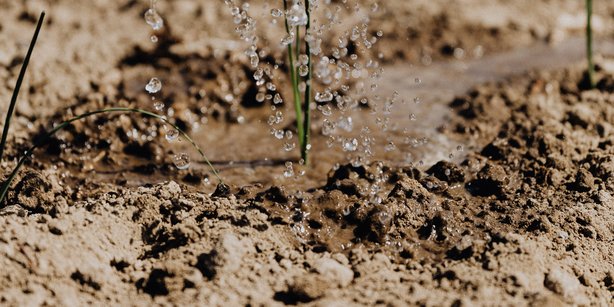Exploring Tire Additives in Surface Water

The protection of water resources requires effective measures to prevent impacts on ecosystems and human health. River sediments can play a key role…
The impact of human activities on planetary systems is accelerating at an unprecedented rate. Natural and anthropogenic contaminants can drive systems outside safe operating spaces with far-reaching impacts on biodiversity, ecosystem services, and human health.
Our mission is to investigate the environmental fate and effects of organic and inorganic contaminants and processes at mineral interfaces. We train the next generation of leaders and societal actors.
Our vision is to inform solutions for the pressing environmental problems of today and tomorrow that sustain communities while stewarding the environment.

The protection of water resources requires effective measures to prevent impacts on ecosystems and human health. River sediments can play a key role…

The discovery of sediments as an additional source of ancient DNA (aDNA) and environmental DNA (eDNA) beyond macrofossils has significantly broadened…

Per- and polyfluoroalkyl substances (PFAS) are a group of manufactured chemicals that have garnered significant attention due to their widespread…

Recent environmental, anthropological and ecological research has demonstrated that ancient DNA (aDNA) can be preserved in sediments over long…

New findings in the fields of microbiome research and anthropology have demonstrated that DNA fragments (so called ‘ancient DNA’ or ‘aDNA’) can…

The University of Vienna and BASF have started a research collaboration to better understand the behavior of biodegradable plastics in compost. This…

The safety testing of chemicals and their risk assessment require standardized and validated methods. For nanomaterials there is a critical lack of…

Apart from dissolution nanomaterials undergo chemical transformation and agglomeration in environmental aquatic media. These processes change…

Organic soil amendments such as compost or biochar can change the dynamics of nutrients and pollutants in the soil: Researchers from EDGE partnered up…